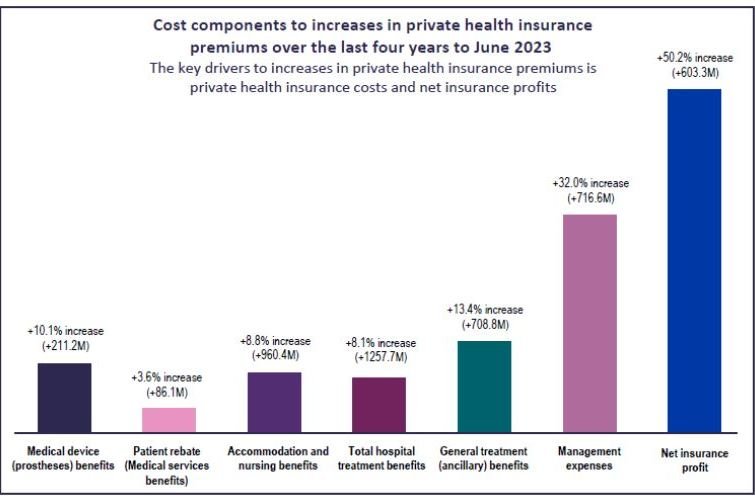The many health risks posed by the consumption of sugary drinks are becoming increasingly apparent, with the recent Thirsty campaign by the Rethink Sugary Drinks initiative, of which the ADA is a member, highlighting the oral health dangers posed by these beverages.
Now a new study by Weill Cornell Medicine and NewYork-Presbyterian investigators indicates that these drinks may contribute to the development of larger tumours in people predisposed to colon cancer (although this is yet to be proven in humans; the test subjects in this case were mice).
In the study, the consumption of just one can of soft drink or soda a day led to growth in colon tumour sizes in mice, leading investigators to suggest that people with colon cancer or those predisposed to it should avoid sugary drinks, due to the high-fructose corn syrup content.
Noting the findings, co-senior author Dr. Lewis Cantley, the Meyer Director of the Sandra and Edward Meyer Cancer Center at Weill Cornell Medicine and NewYork-Presbyterian, said:
“The study shows that colorectal polyps feed on high fructose corn syrup and explains the molecular mechanism by which this drives the growth of the tumor [sic]. While our work was conducted in mice, our findings build on mounting evidence that sugar fuels cancer growth.”
The findings provide, notes News Medical: Life Sciences, “might have implications for cancer treatment or prevention.”
For more on this story, go to “High-fructose corn syrup fuels growth of colon tumors in mice”








